




‘For István Käfer, one of the elements that has historically united both Slovakia and Hungary is, surprisingly, the language. Bálint Balassi, for instance, a crucial figure in Hungarian renaissance poetry, wrote his works in Hungarian, but he knew Slovak very well, which greatly influenced his thinking and language use. Cardinal Péter Pázmány also had a significant influence on the development of the Slovak language, by not only allowing, but encouraging its use in Catholic prayers.’
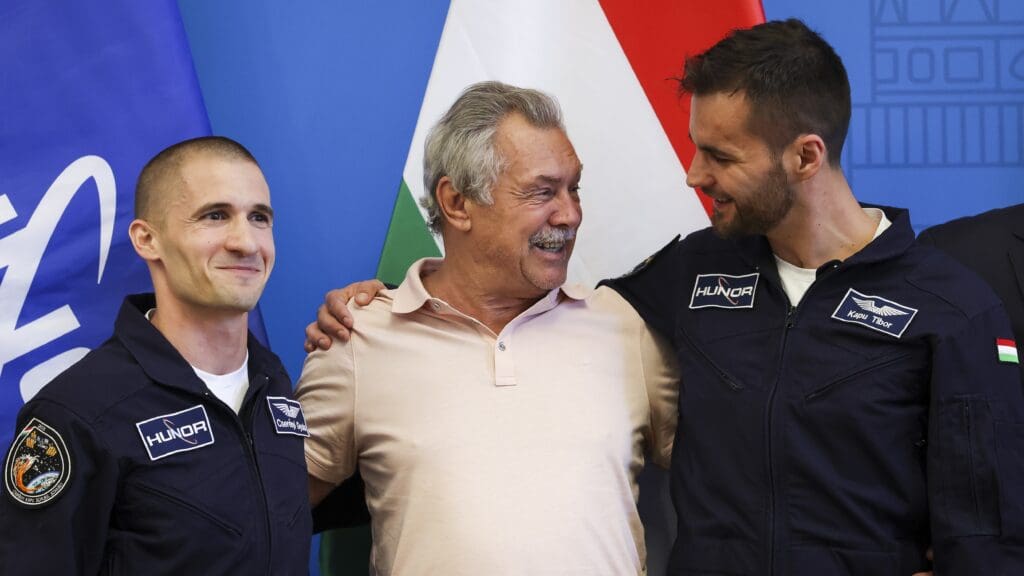
Albeit on Monday the public was informed that only Tibor Kapu and Gyula Cserényi have been selected as the astronauts for the programme, the other two candidates who had been included in the final round of selection, clinical orthopaedic surgeon Ádám Schlégl and aerospace design engineer András Szakály, will nonetheless assist with the work of the HUNOR mission in leading positions on the staff of the mission’s ground-based control centre. As for Kapu and Cserényi, they will soon be sent to the United States, where they will undergo the final phase of their training, supervised and assisted by the US space agency NASA and the private company Axiom Space, Hungary’s international space exploration partners.

While except for a few known pieces of the puzzle the story of the sword and its origins remain obscure, the Transylvanian Samurai sword of Thomas Kapustran is certainly a manifestation of the complexity and richness of Hungarian history. Despite being torn apart by two empires and enduring a century of wars, Transylvania still held a remarkable position in the world. So significant was its influence, grandeur, and civilizational level that it could procure luxury goods from distant and isolated lands like Japan.

After the beginning of the conflict in Ukraine, all large Russian opposition media outlets were forced to leave the country. Notwithstanding their dire situation, some of them could nonetheless retain a significant chunk of their former readership, which equals millions. Regrettably, judging by how they portray Hungary, responsible journalism is not their strength.

Hungary is a hospitable land with exceptionally friendly people, a country known for welcoming millions of tourists annually. That kindness, however, shall not be mistaken for weakness, as over the course of history, Hungary has proved it is a birthplace of warriors, valiancy, and engineering ingenuity that brought about effective military technologies.
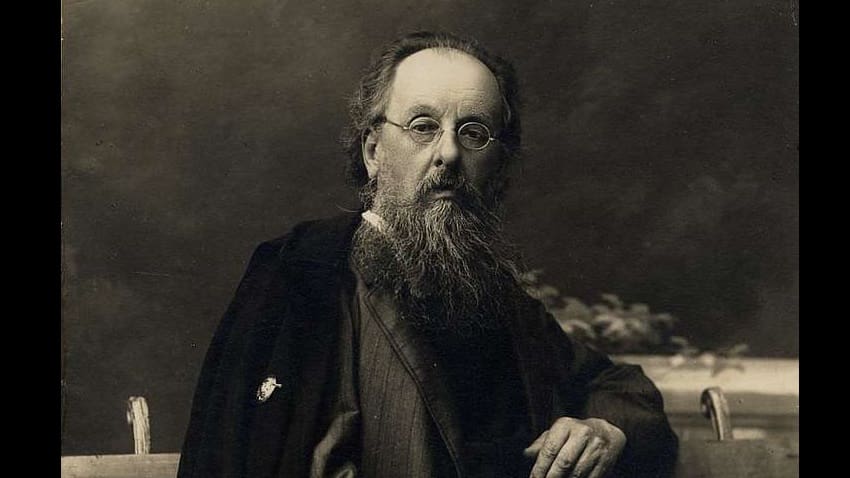
‘What is less known is that Tsiolkovsky essentially wrote his groundbreaking contributions to rocket theory as supplementary notes to his philosophy of space exploration, which was the primary focus of his attention and consumed most of his efforts. What is even less acknowledged is that the philosophical foundations of his framework had an inalienable influence of Christianity that played an important role in shaping his perspective, a fact which Tsiolkovsky himself recognized.’
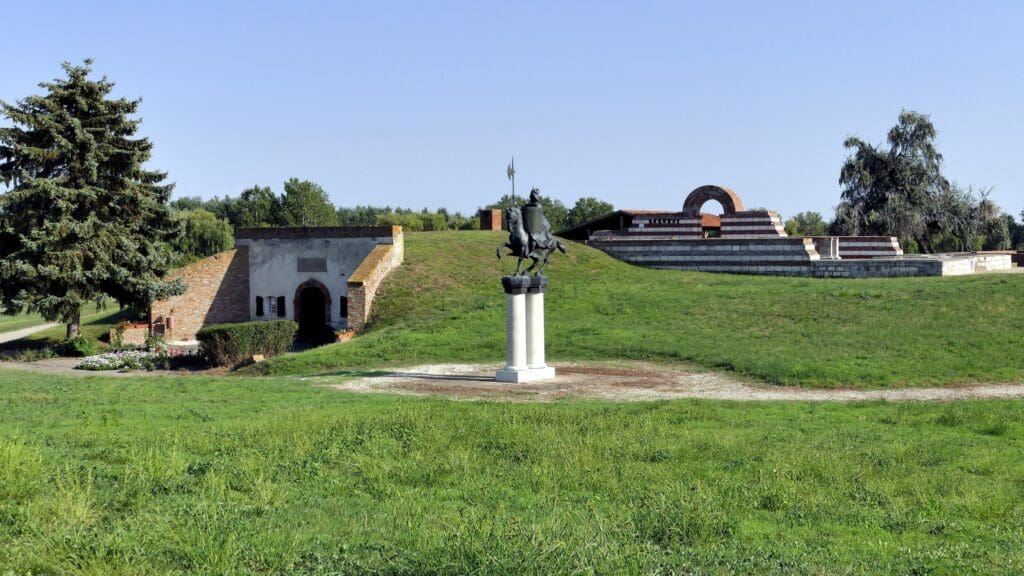
Around 3100 BC, the Yamnaya people began to move westwards, migrating from their homeland in modern-day southern Ukraine and Russia. As they reached the Carpathian Basin and the Danube valley, they began transforming the landscape of their newly acquired home, erecting kurgans, that is, burial mounds, for the deceased of higher status. Many of these ancient mounds are still visible in Hungary.

A couple of years ago, the famous meme ‘Hide the Pain Harold’ used to be among the most widespread on the internet, and even today it still enjoys a decent degree of popularity. This brought the man depicted in the memes, Hungarian-born András István Arató, plenty of publicity, in fact, so much so that the electrical engineer from Kőszeg didn’t know how to handle it at first. Let’s uncover the story behind his unexpected success!
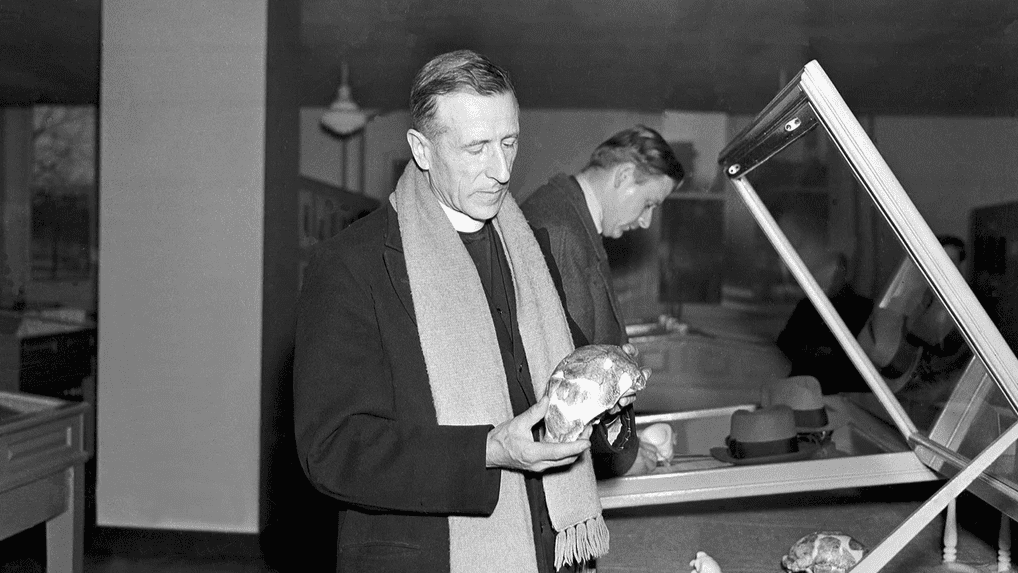
Pierre Teilhard de Chardin is without a doubt one of the most prominent theologians of the 20th century, whose intellectual contributions to both science and religion gained recognition and respect from both the clergy and the scientific community. His oeuvre demonstrates that faith and scientific inquiry are in fact not at odds with each other.

Albeit Hungary does not traditionally celebrate Halloween in its North American sense, the connection between the Hungarian commemoration of the dead and Halloween is stronger than one might think.
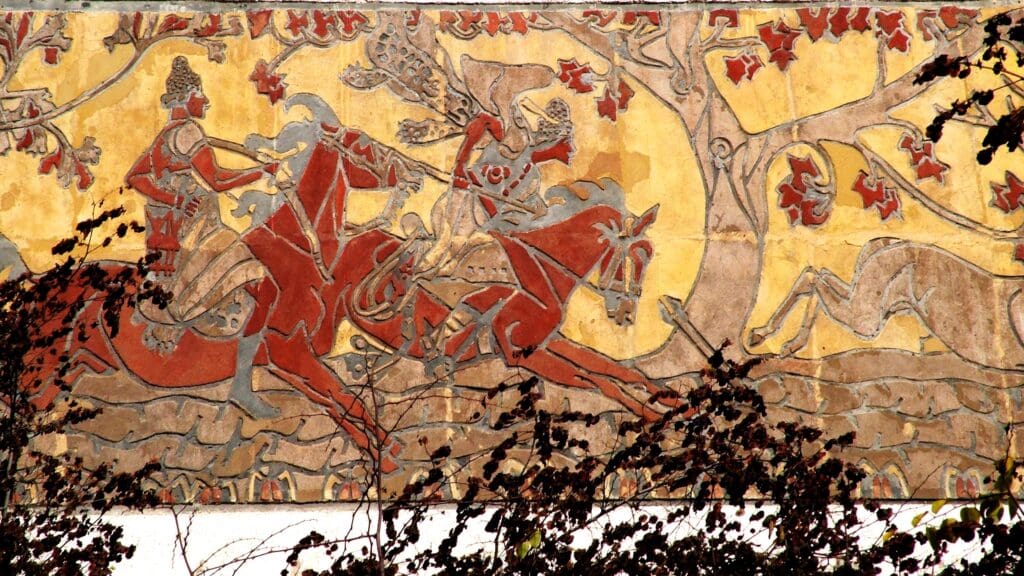
The Wondrous Stag that, according to the legend, led Hungarians to the Carpathian Basin is one of the most significant animals in the before-Christ Hungarian worldview. As in many other ancient myths of origin, the Magyars believed their ancestors had either been animals or turned into animals after their passing—a common trope among probably all world cultures, somehow deeply ingrained into our psyche. As recorded in the Gesta Hungarorum, the Turul was believed to be the Árpád dynasty’s totemic ancestor.

We are familiar with the phenomenon of Westerners embracing Eastern fighting traditions such as Wushu, Aikido, Japanese fencing, Filipino martial arts, and more. These people seek some rich traditions to connect to, and oftentimes romanticize them as being spiritually superior to the Western martial arts. Whereas there is nothing wrong with getting acquainted with other cultures, there’s no necessity to travel half of the globe in search of intricate, deep, and time-tested martial traditions spanning centuries.
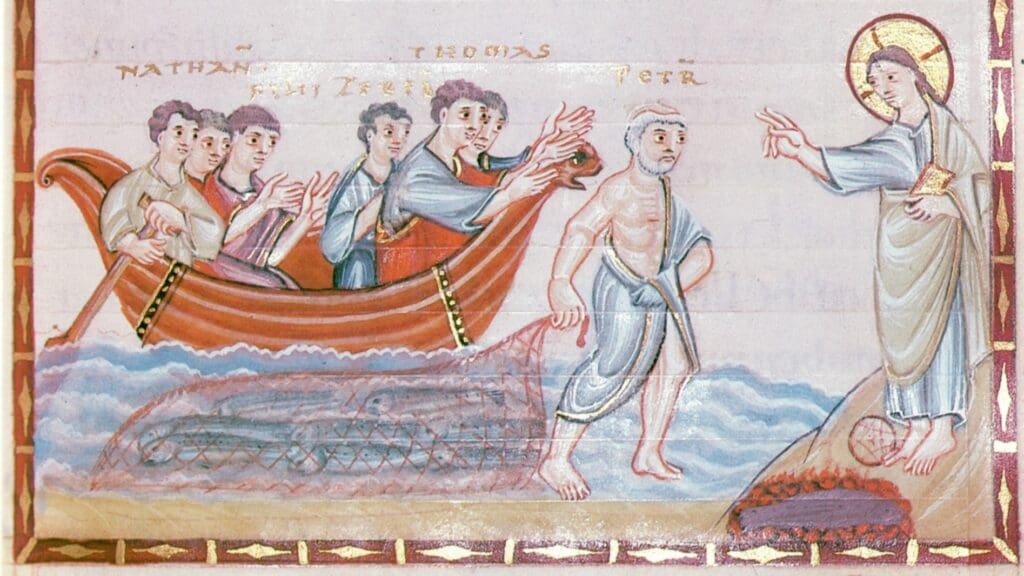
God’s miracles occupy an important place in the Holy Scripture, demonstrating the omnipotent might of divine intervention that rules over the laws of nature. In his book titled Miracles, author of the Chronicles of Narnia and accomplished theologian C. S. Lewis undertakes the formidable challenge of unravelling the philosophical essence of these miraculous occurrences.
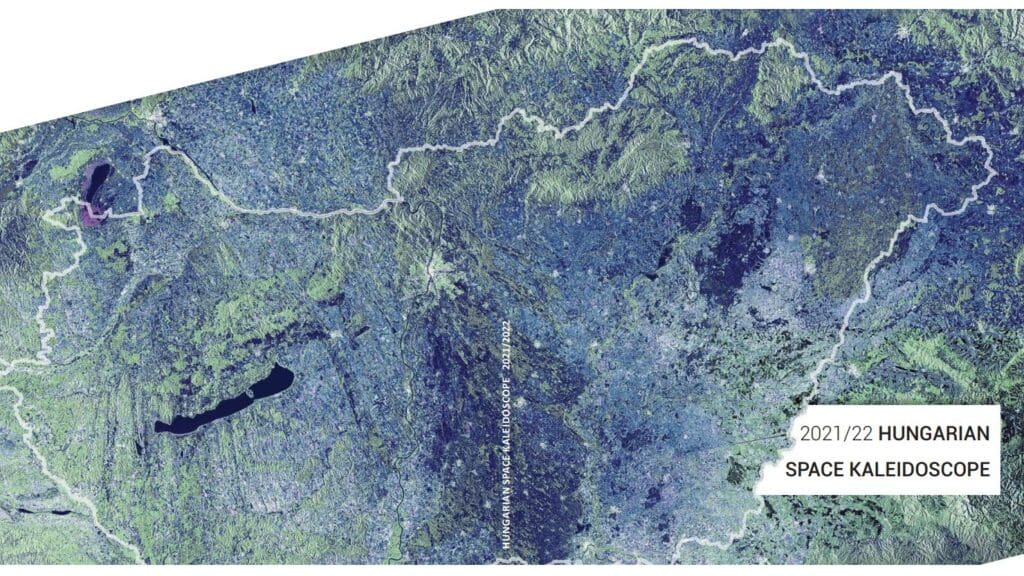
Hungary is entering an age where the space economy holds significant importance. Thankfully, it is welcoming the new era with a solid and well-functioning foundation, consisting of numerous private companies ready to engage in space exploration, as indicated by the Hungarian Space Kaleidoscope report.
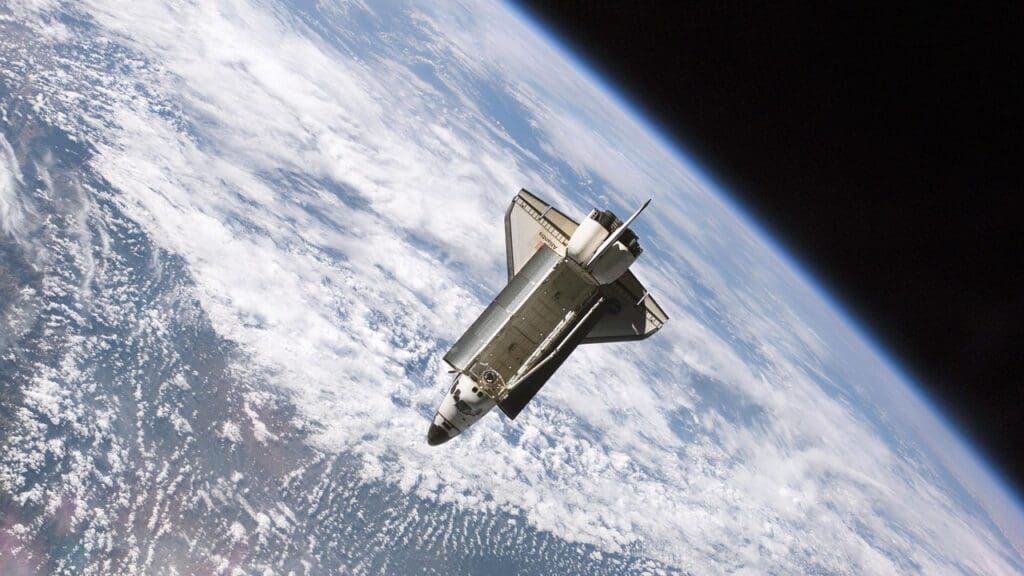
The swift growth of the space industry has already begun to impact smaller nations like Hungary, making it necessary for them to address the challenge effectively. In response to the industry’s rapid rise, the government released the country’s first space strategy document in 2021.
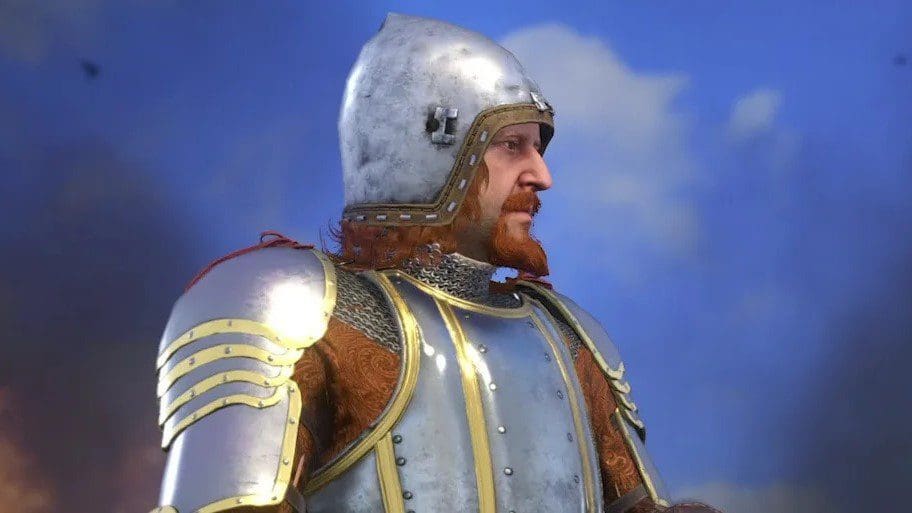
As video games have become an intrinsic part of culture today, it is worth exploring how Hungary and Hungarians are represented in what can be considered an entertainment industry product but also an influential art form.
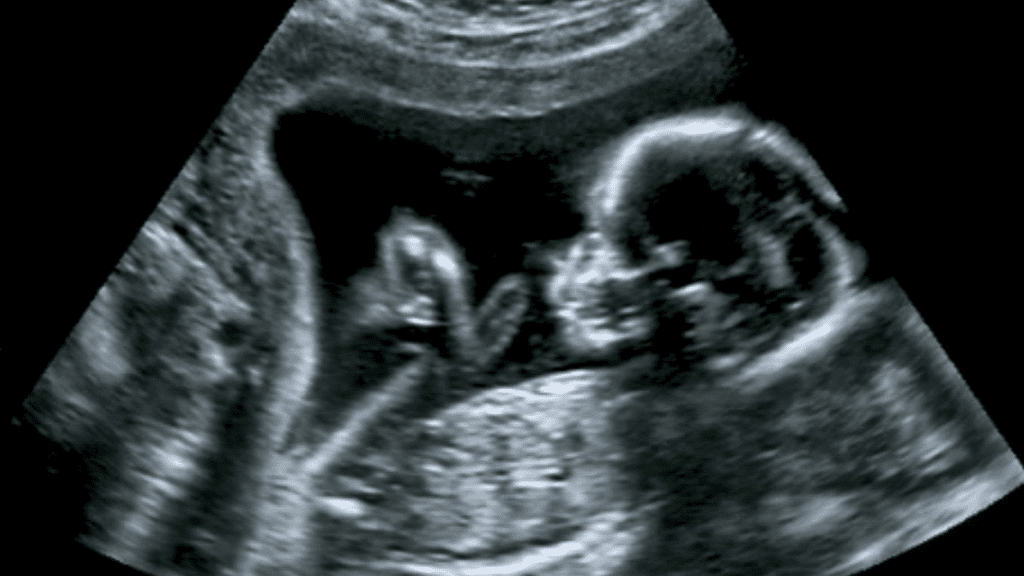
We have heard time and again the phrase ‘trust the science’ during the COVID-19 pandemic, so it is time for pro-life people to prove what science really means. It is indispensable that we who want to see an end to the carnage arm ourselves with the toolkit of science and logic, but without using manipulative techniques.

‘The Ukrainian Puzzle: Hungary’s Perspective on a Changing Neighbour’ is a book that intends to present the Hungarian perspective on Ukraine to the Ukrainian and international public, arguing that this perspective has not changed ever since the two countries established diplomatic relations in 1991. While it is hard to disagree with the main idea of the book, the methodology employed to convey it leaves something to be desired.
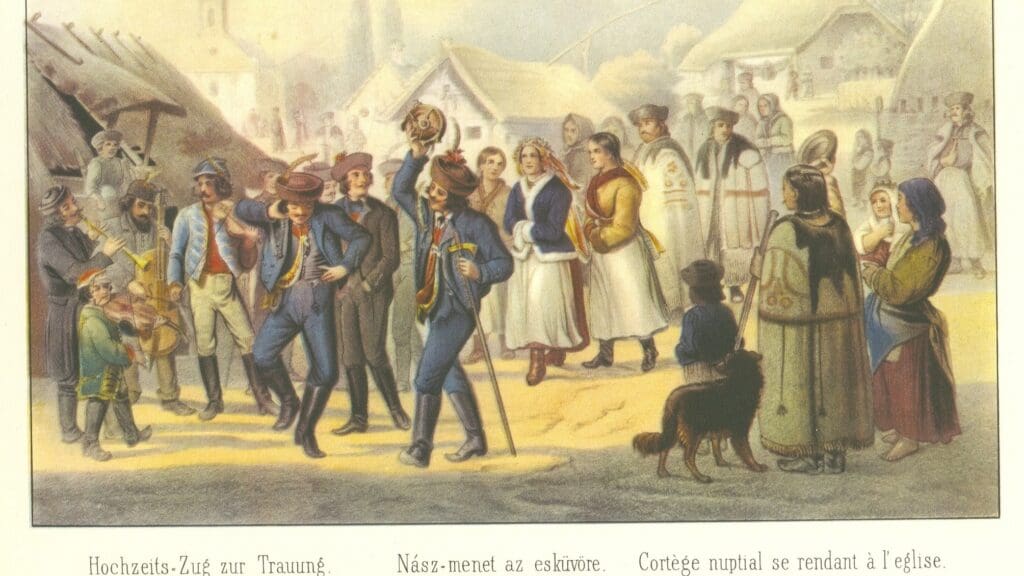
Among the world’s historical weapons, the Hungarian fokos stands out as a symbol of the commoners’ culture in Hungary and the broader Carpathian Basin.

With their fearless undertaking on 15–16 July in 1931, György Endresz and Sándor Magyar forever etched their names into the annals of Hungarian and global aviation.
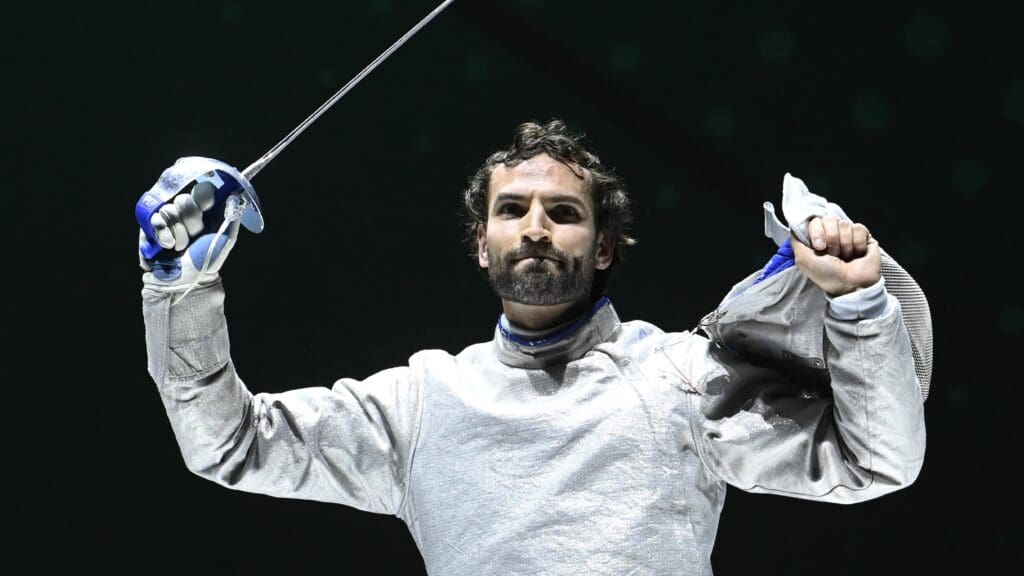
It would be incorrect to say that Hungarian prowess in sabre-fencing began only in the modern era, when the sport of Olympic fencing was invented. Even before the Conquest period, sabres were extensively used by Magyar nomads, and were found in graves dated prior to their arrival in the Carpathian Basin.
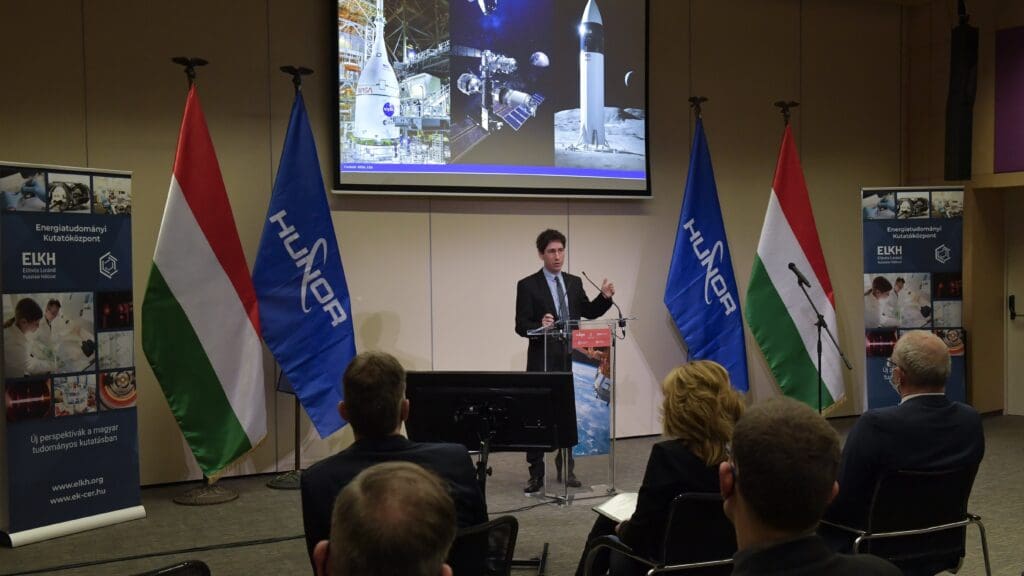
At the very dawn of the Space Age, Hungarians laid the foundation for humanity’s first steps above the surface of our world. If we are to ever advance into the stars, no doubt our streets on newly inhabited planets will bear the names of great Hungarians such as Zoltán Lajos Bay, who measured the distance between the Earth and the Moon using radio waves; John Neumann, or János Lajos Neumann, a brilliant polymath who conceptualized self-replicating spacecrafts; or Theodore von Kármán, or Tivadar Mihály Kármán, whom the space border is named after.

Hungarian Conservative is a quarterly magazine on contemporary political, philosophical and cultural issues from a conservative perspective.